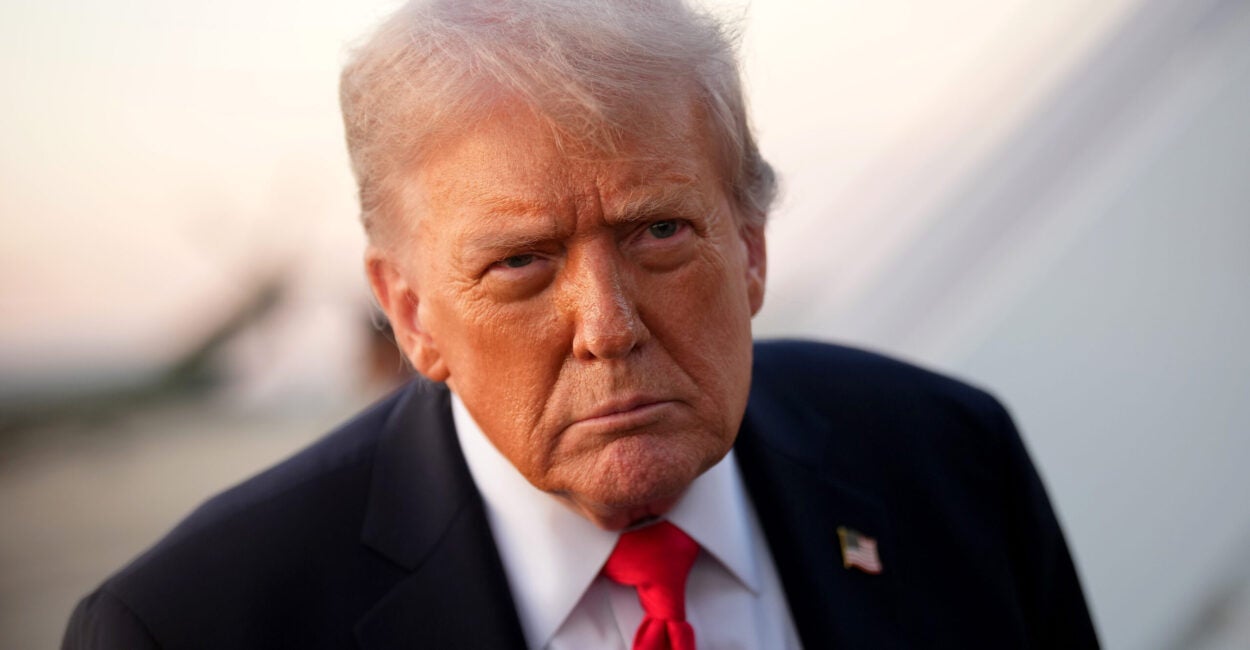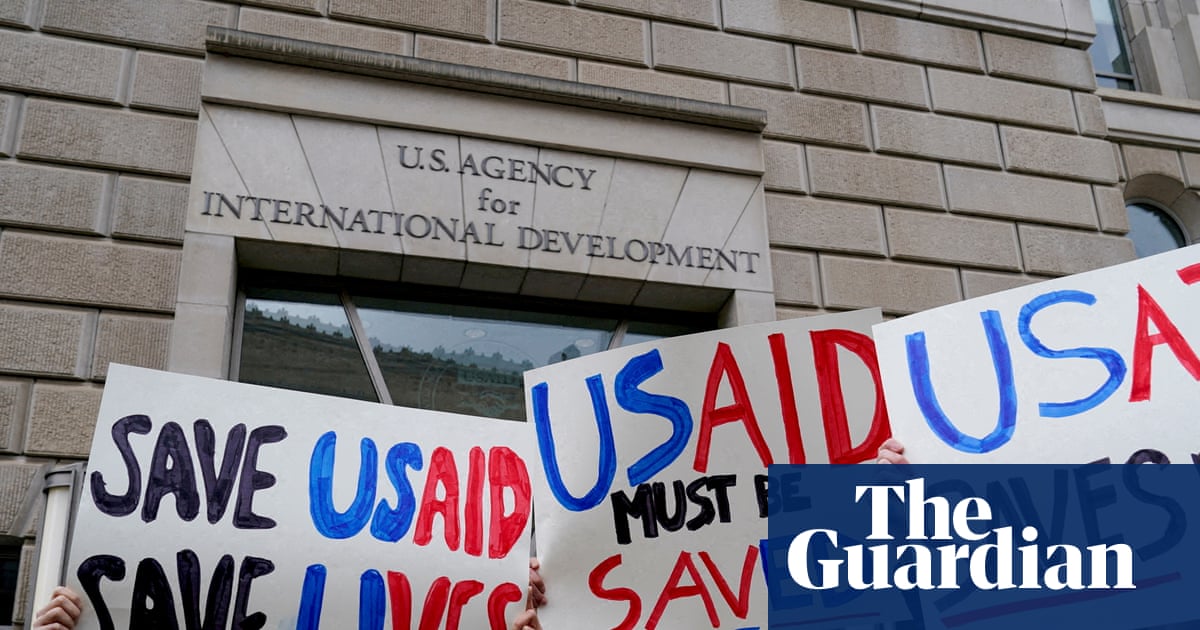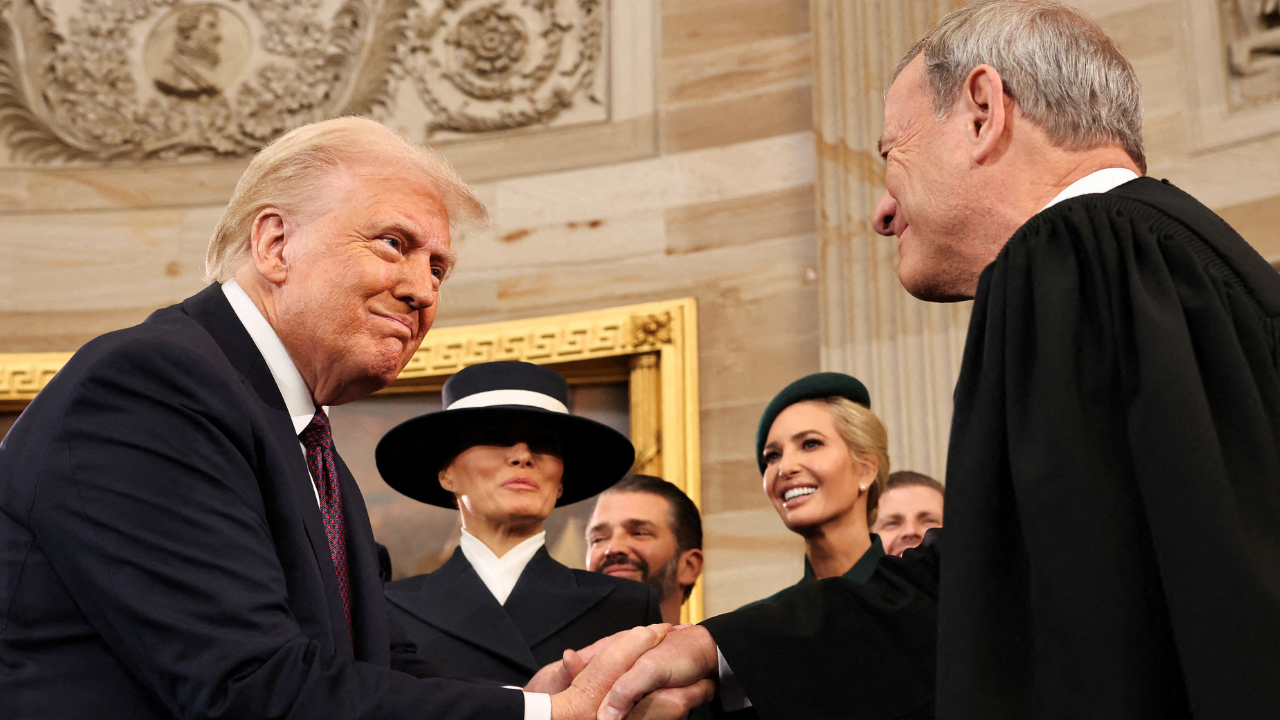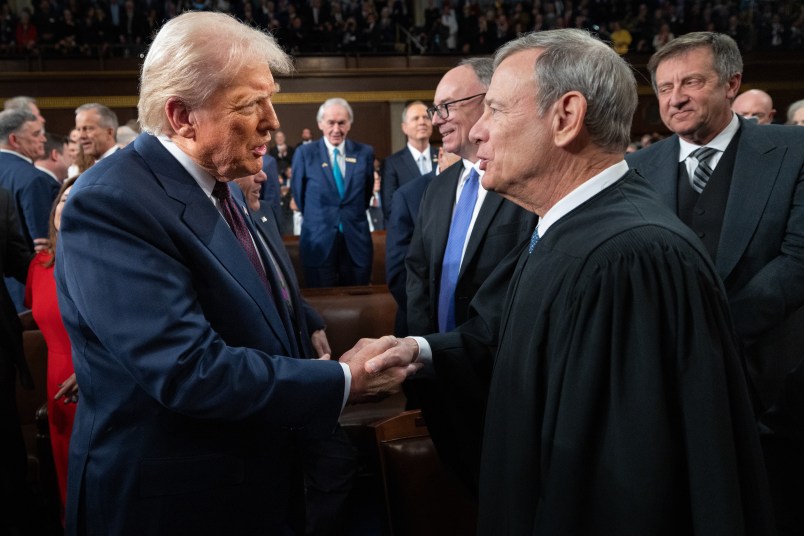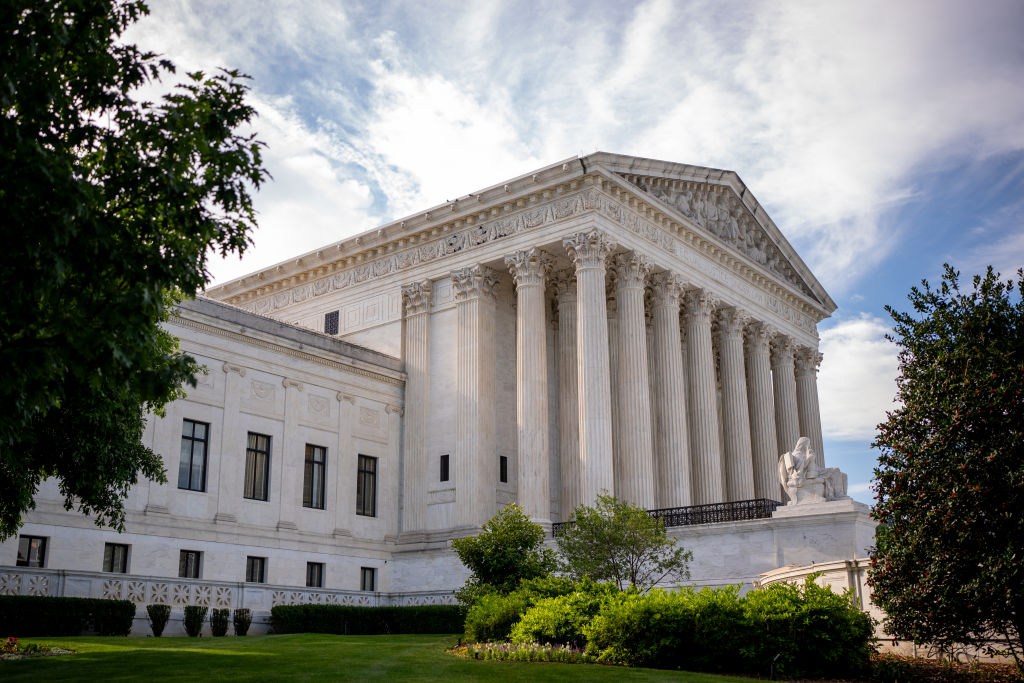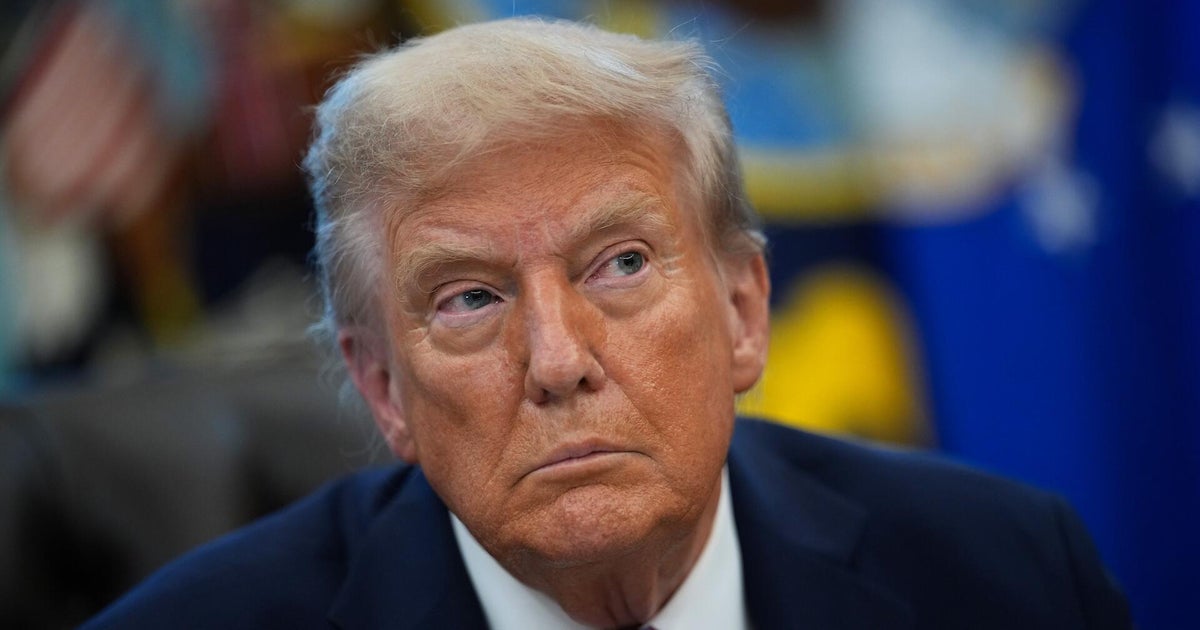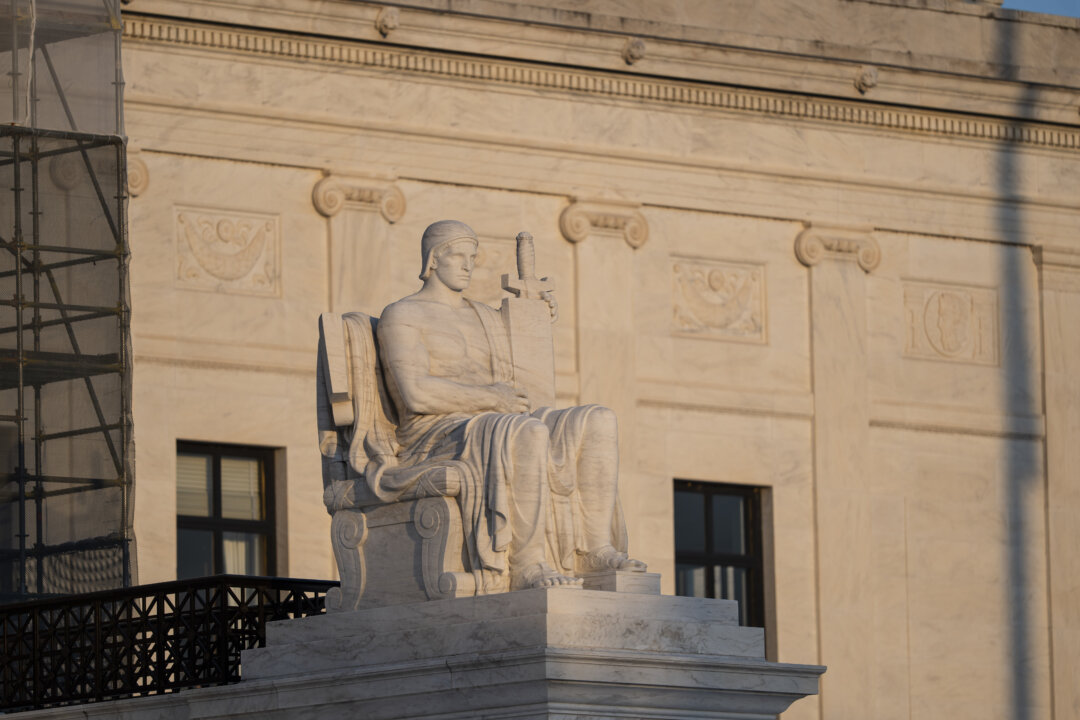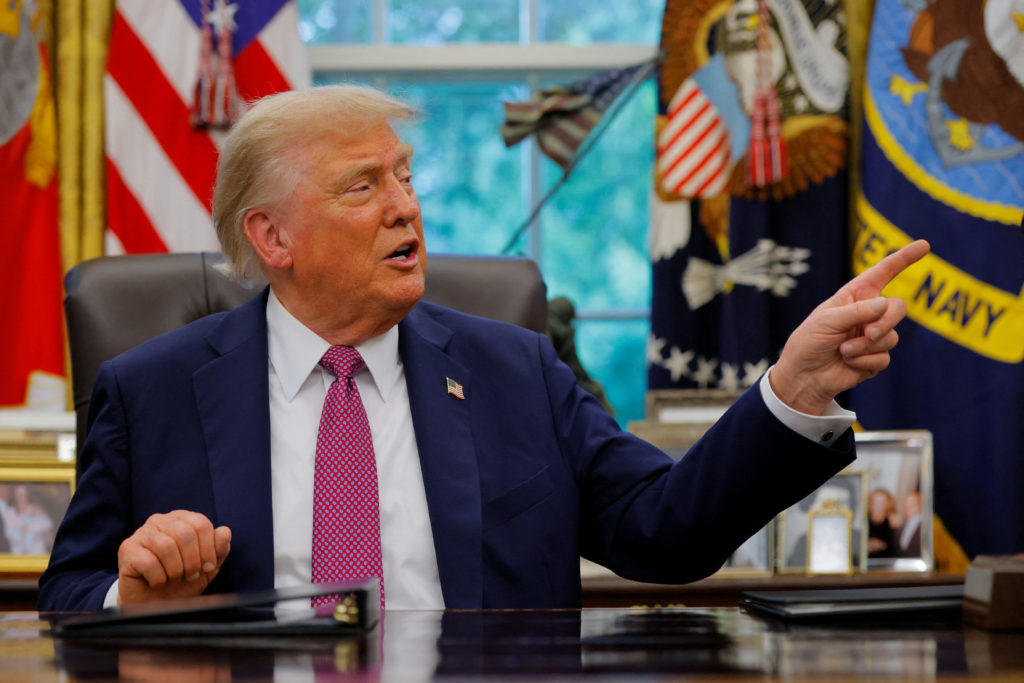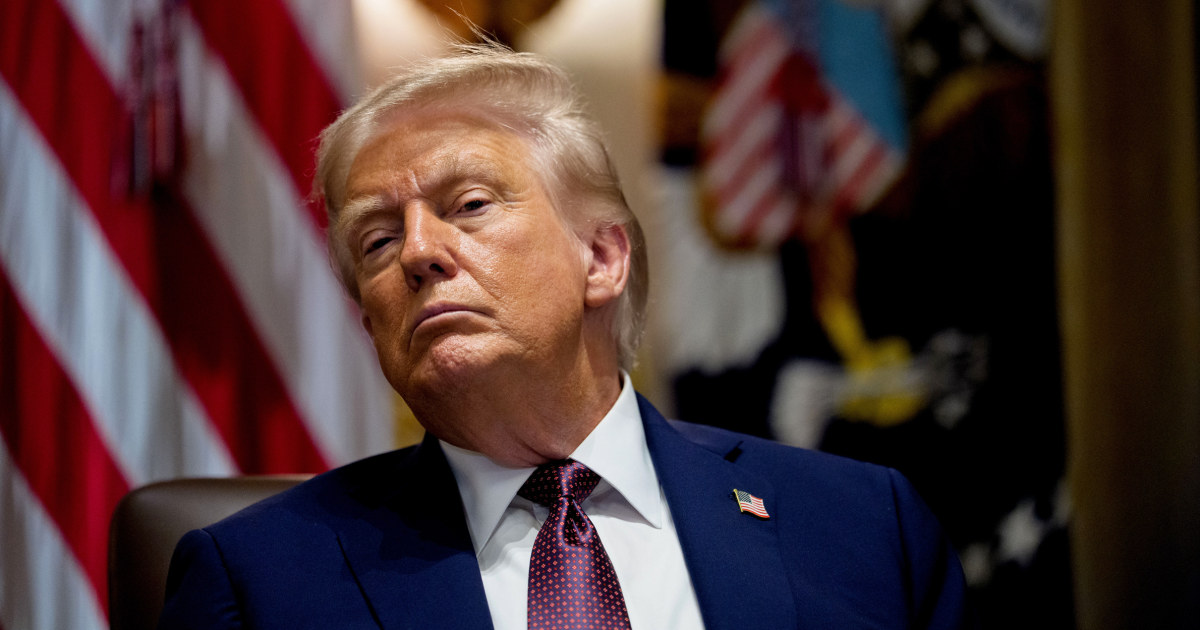Supreme Court Temporarily Upholds Trump's Freeze on Billions in Foreign Aid
Chief Justice John Roberts temporarily upheld President Trump's freeze on nearly $5 billion in congressionally approved foreign aid, allowing the administration to withhold funds under disputed authority.
Subscribe to unlock this story
We really don't like cutting you off, but you've reached your monthly limit. At just $5/month, subscriptions are how we keep this project going. Start your free 7-day trial today!
Get StartedHave an account? Sign in
Overview
- Chief Justice John Roberts temporarily upheld President Trump's freeze on nearly $5 billion in congressionally approved foreign aid, allowing the administration to withhold funds.
- President Trump utilized a "pocket rescission" and disputed authority to pause the spending, notifying Congress of his intent to reclaim billions in aid.
- This Supreme Court decision temporarily overrides a U.S. District Judge's ruling that deemed withholding funds without congressional approval likely illegal, escalating the legal dispute.
- The Justice Department argued the lower court's injunction was unlawful and threatened the separation of powers, prompting the administration's emergency appeal to the high court.
- The temporary order allows justices more time to consider the legal issues, with plaintiffs responding, while nonprofit organizations challenge the freeze's impact on vital programs.
Report issue

Read both sides in 5 minutes each day
Analysis
Center-leaning sources cover the Supreme Court's temporary approval of the Trump administration's foreign aid freeze with a neutral, factual approach. They explain the complex legal dispute, the procedural tactic of 'pocket rescission,' and the roles of various parties without using loaded language or exhibiting clear bias. The coverage provides necessary context and attributes different viewpoints clearly.
Articles (23)
Center (7)
FAQ
President Trump used a maneuver known as a "pocket rescission" and claimed disputed authority to pause the foreign aid spending, notifying Congress of his intent to reclaim the funds.
U.S. District Judge Amir Ali ruled that the executive branch had to spend the $4 billion in foreign aid funding that Congress had appropriated, deeming withholding the funds without congressional approval likely illegal.
The Justice Department argued that the lower court's injunction was unlawful and posed a serious threat to the separation of powers, prompting an emergency appeal to temporarily halt the spending order.
The Justice Department stated it is taking steps to obligate another $6.5 billion in foreign assistance funds by the end of the fiscal year on September 30.
The Supreme Court's temporary order temporarily allows the Trump administration to withhold the nearly $5 billion in foreign aid while justices consider the legal issues more thoroughly, overriding the lower court's ruling for the time being.
History
- 2M

 9 articles
9 articles

